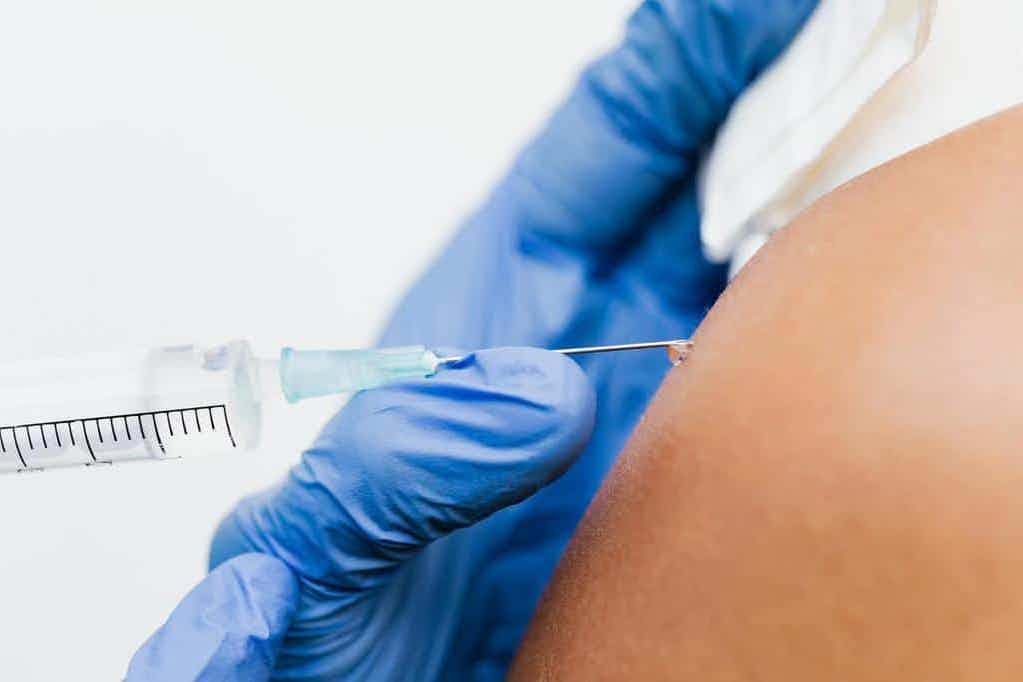Two NHS staff who had the Pfizer/BioNTech vaccine on Tuesday have had allergic reactions to the jab.
Regulators have advised against getting the jab for people with severe allergies to food and medicines, or who have had adverse reactions to previous vaccines and other healthcare products.
Both people received treatment and are now healthy. It should also be noted that both had severe existing allergies, to the point that they carry an adrenaline pen with them wherever they go.
The reaction presented itself in the form of an anaphylactoid reaction. This means that those who get it may have a skin rash, experience shortness in breath and occasionally a lowering in blood pressure.
The medical director for the NHS in England, Professor Stephen Powis, said that such reactions are "common with new vaccines".
The regulators have issued these warnings only as a precautionary measure. Speaking to the BBC, head of the MHRA Dr June Raine said it was wise to take the necessary actions now, after "we've had this experience" at this early stage.
These were the only two cases of an allergic reaction that were recorded out of thousands of people who had the jab on Tuesday.
Professor Peter Openshaw of Imperial College London said, "The fact that we know so soon about these two allergic reactions and that the regulator has acted on this to issue precautionary advice shows that this monitoring system is working well."
James Gallagher, health and science correspondent for the BBC, wrote, "The trials reported one possible allergic reaction per thousand people immunised that may have been related to the jab," adding these cases should not change anything for the "overwhelming majority of people".
Such reactions are deemed uncommon by experts; however, it is acknowledged they do happen, even with the regular annual flu jab.
Hospitals and health care practices are prepared for the continued rollout of the vaccine. The first 200 GP practices will soon receive their vaccines, after which the programme will be extended to over 1,000 surgeries, giving local areas a designated site where the public can have the jab, should they wish.
The GP leader of the British Medical Association told the BBC, "We have a wealth of experience in delivering vaccines - and will be able to do millions of people a week. It is really dependent on supply and how quickly we can get our hands on it."






